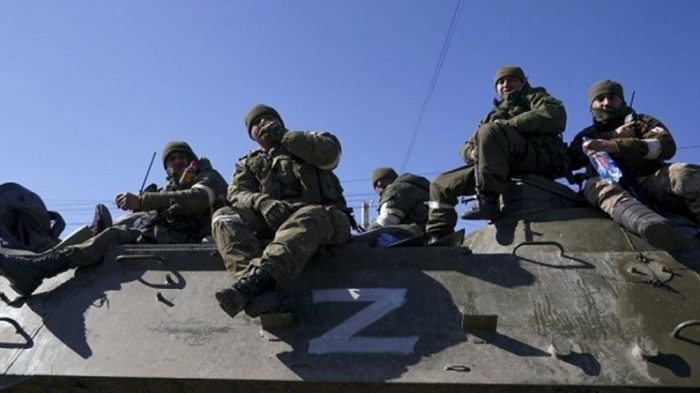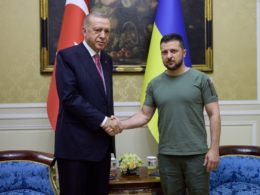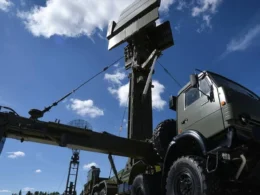Russian troops are employing violence against civilians as a strategic tactic in the war in Ukraine, as outlined in the annual human rights report by the US Department of State.
The report details numerous instances of human rights violations and abuses by Russian forces during the second year of the conflict. Among these, it highlights the atrocities endured by civilians, including Ukrainian children, committed by Russian troops and authorities.
In February 2022, Russian President Vladimir Putin initiated an unlawful and unwarranted war against Ukraine, characterized by widespread war crimes, including crimes against humanity and other egregious acts committed by Russian forces.
Throughout 2023, Russian forces continued to launch relentless attacks on civilians and civilian infrastructure. These included missile and drone strikes targeting residential areas and vital infrastructure such as power, water, and heating facilities across Ukraine, wrote the 2023 Country Reports on Human Rights Practices.
The report referenced The UN Office of the High Commissioner for Human Rights, which documented widespread attacks by Russia's forces on critical infrastructure during the coldest months of the year. These attacks exacerbated the humanitarian crisis, prompting a large number of civilians to evacuate from their homes.
It mentions widespread cases of torture and abuse toward civilians in Russia-occupied territories of Ukraine, killings, unlawful detention, inhuman or degrading treatment or punishment, and harsh and life-threatening prison conditions people in the occupied region have been subjected to.
The annual report also says Russia tortures civilians during "filtration" operations in camps, which are located across occupied regions of Ukraine, where people who want to evacuate or those who are forced to move from their homes undergo interrogation, being separated from families before being transferred, deported, and illegally adopted to Russian families.
Additionally, Russian occupation authorities limit freedom of speech, religious freedom, and freedom of movement. Russian forces commit extensive gender-based violence, including rape, crimes involving violence, or threats of violence targeting members of national/racial/ethnic minority groups or members of indigenous groups, including Crimean Tatars, and crimes against sexual minority persons. Moreover, the report confirms the existence of the worst forms of child labor in occupied regions.
There were also significant human rights issues involving Ukrainian government officials, although not comparable to the scope of Russia's abuses, the US Department of State said. Credible reports of arbitrary arrests or detentions, issues with the independence of the judiciary, restrictions on freedom of expression, unjustified arrests or prosecutions of journalists, and censorship are among the main issues.
Some of these human rights issues stemmed from martial law, which continued to curtail democratic freedoms, including freedom of movement, freedom of the press, freedom of peaceful assembly, and legal protections, the report added.
Earlier, Oleksandra Matviychuk, the head of the Center for Civil Liberties in Ukraine, who received the Nobel Peace Prize, said that people who commit crimes with their own hands should not hide behind the abstract Putin.
“I worked with torture cases. It wasn’t Putin who tortured people, it wasn’t Putin who stuffed them in wooden boxes, it wasn’t Putin who drilled their knees with a hammer, it wasn’t Putin who raped them, it wasn’t Putin who forced them to write something on the wall with their own blood, and it wasn’t Putin who tied electric wires to their genitalia. This was done by specific people,” she said.
“Impunity has become a part of Russian culture,” Nobel Peace Prize laureate says
According to the expert, these criminals believe in the impunity that has become a part of Russian culture. Therefore, it is necessary to hold everyone accountable.
Read also:
- Defiant 88-year-old man flees Russian occupation in Donetsk, refusing to obtain a Russian passport
- UN identifies 85 cases of sexual violence committed by Russian troops in Ukraine in 2023





